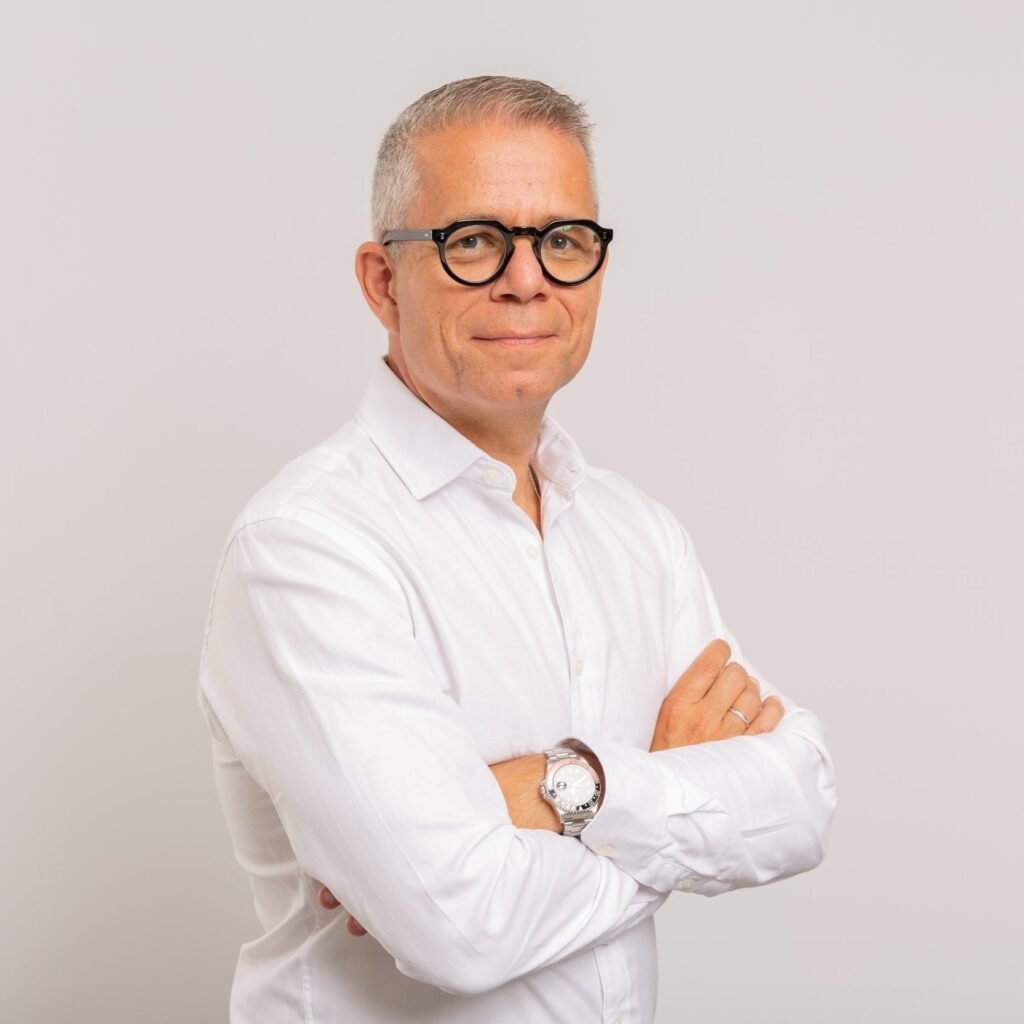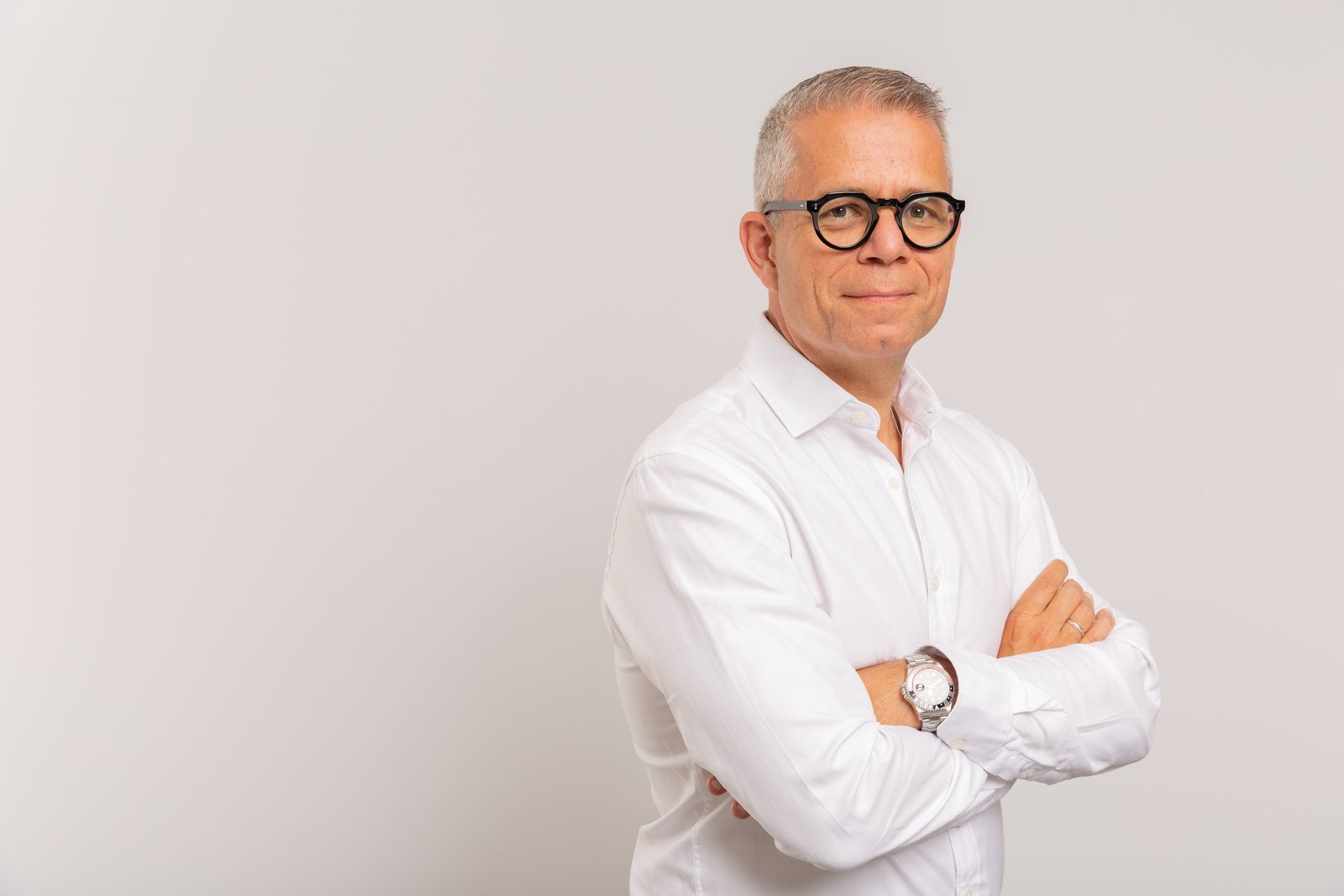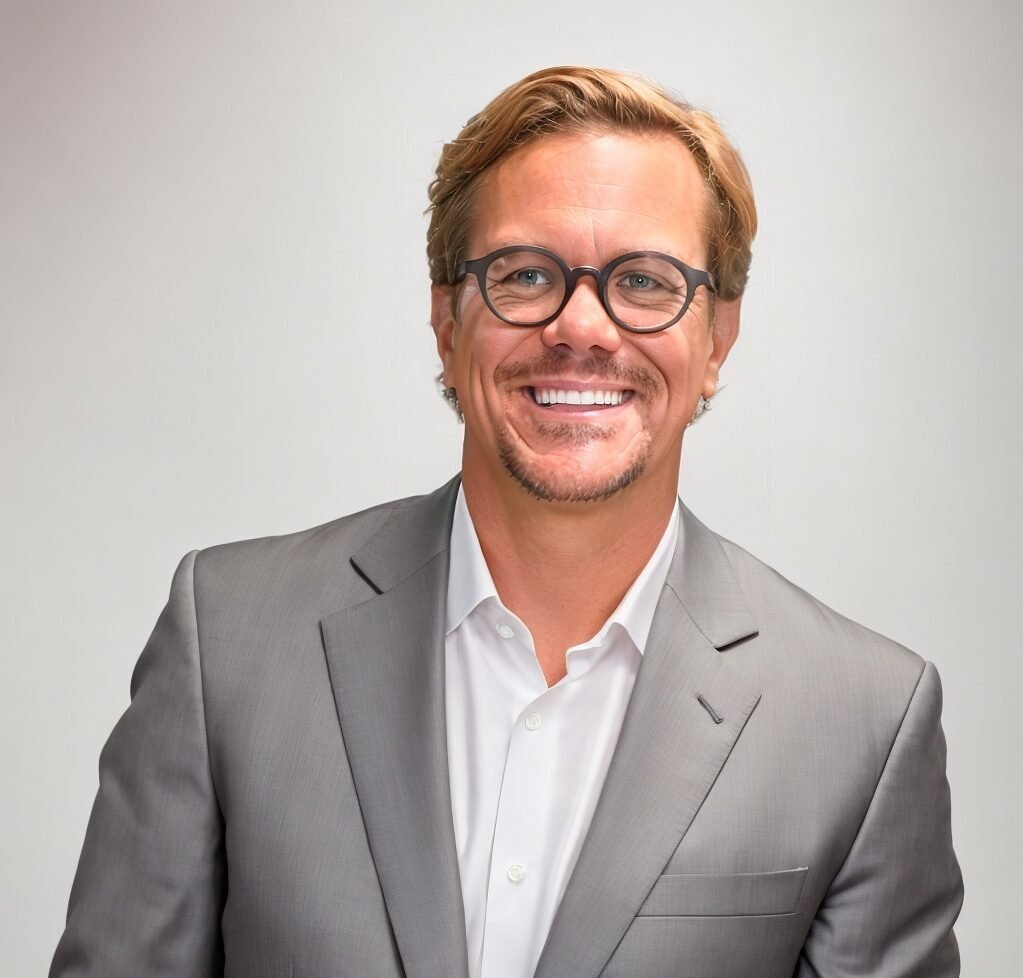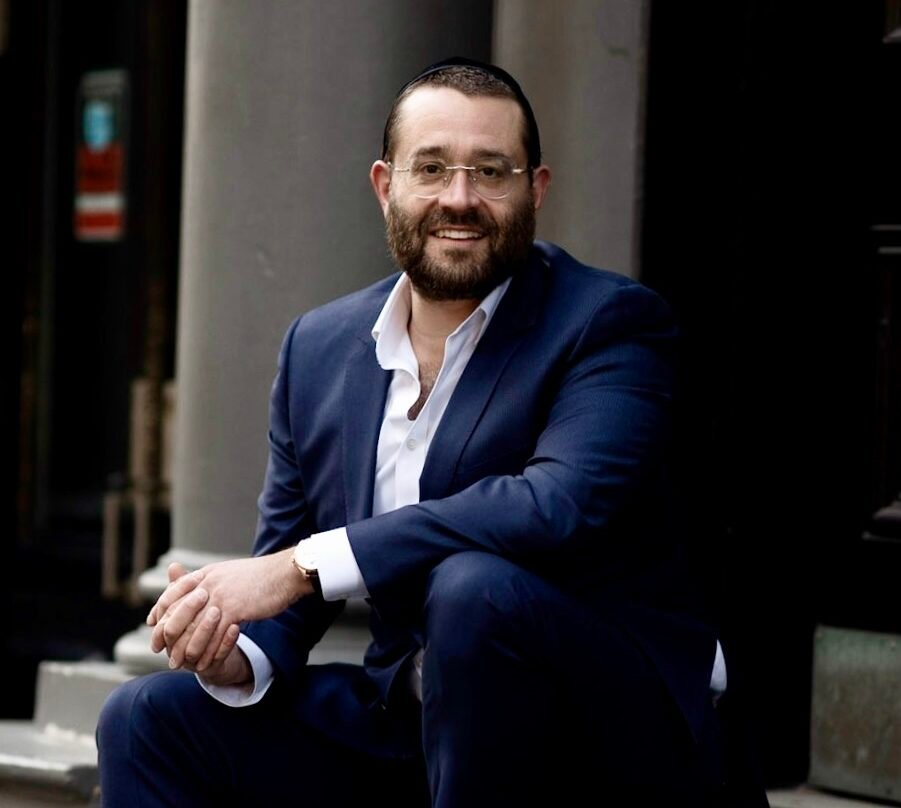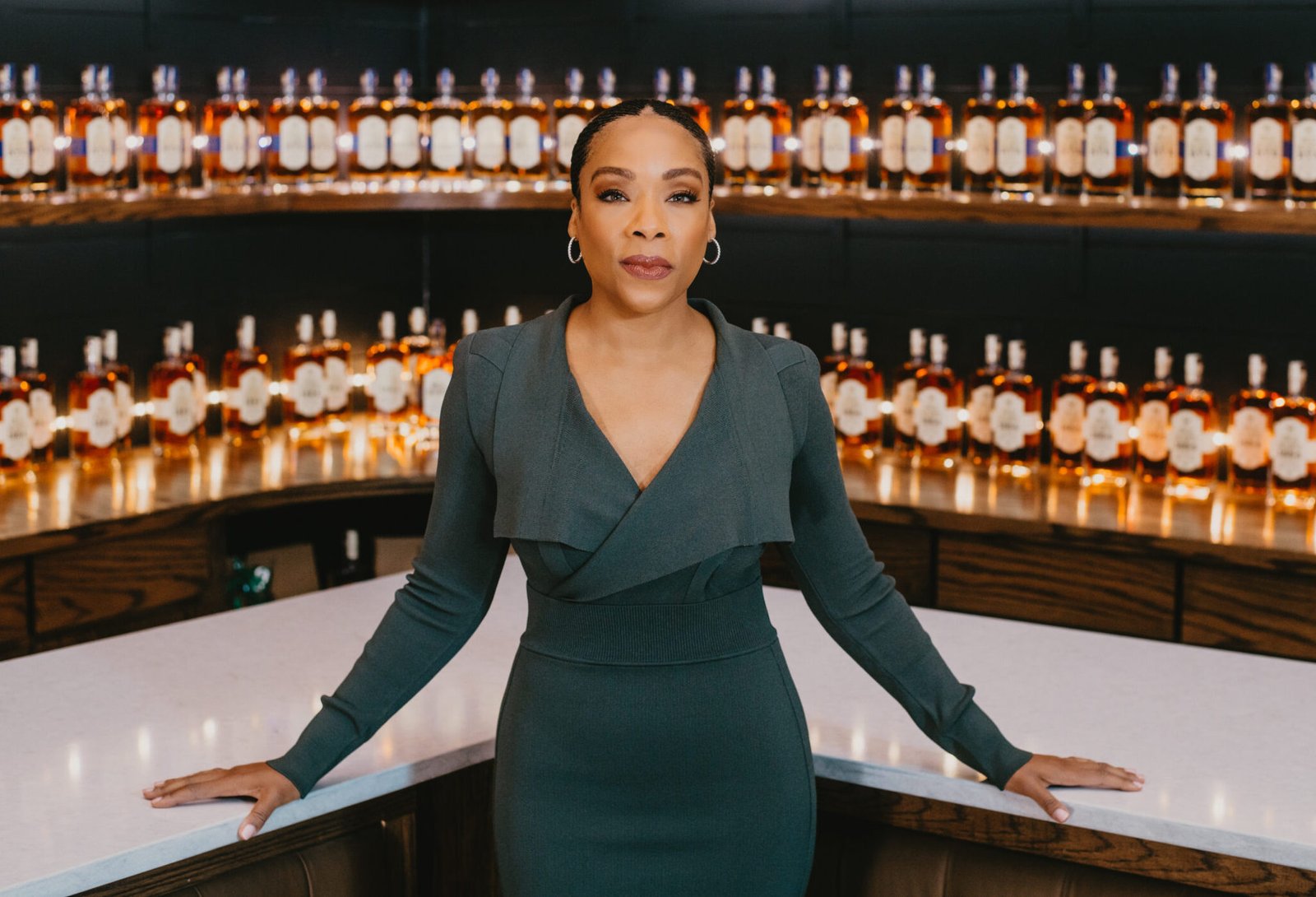I recently went one on one with Costas Andriopoulos, professor at Bayes Business School and author of the new book Purposeful Curiosity.
Adam: Thanks again for taking the time to share your advice. First things first, though, I am sure readers would love to learn more about you. How did you get here? What experiences, failures, setbacks, or challenges have been most instrumental to your growth?
Costas: Very grateful for this opportunity. I am Constantine Andriopoulos, author of Purposeful Curiosity. I am a Professor of Innovation and Entrepreneurship at Bayes Business School, in City, University of London, and the Director of Avyssos Advisors, an innovation management consultancy. I am also guilty as charged: a very curious person, who is always keen to explore new fields and push boundaries.
Since I was a child, I have been very curious. I was asking a lot of questions at home and school. I had a reputation. I was generally perceived as a very annoying person. Gladly, my parents encouraged and nurtured my curiosity and love for learning. I turned 50 years old last month and noticed that my curiosity hasn’t dropped. I still ask a lot of questions. I’m still curious about many things, from music, architecture, and design to management, leadership, entrepreneurship, and venture capital. Curiosity helped me a lot in my career as an academic (a researcher and educator), when I’ve led people as the chair of a department or associate dean, as an innovation consultant working with clients, and as a parent.
The exciting thing about curiosity is that you have an itch that you desperately want to scratch. There is something that you don’t know, but you have a strong desire to dig deeper to discover. This means that you are entering unchartered territories and the possibility of failing may be high. As you can imagine, I’ve failed a lot of times because I rarely take the path others have taken. I always love to take a new path and see where this takes me. I am interested in charting my course, to uncover new opportunities and experiences, and develop a unique perspective and set of skills. However, it also means facing uncertainty and challenges others may not face. Interestingly, every time that I stumble upon something I never feel paralyzed. On the contrary, curiosity gives me the energy to carry on, to investigate why something isn’t working, and to figure out solutions. My curiosity is helping me to get closer to my destination, to my goal.
Adam: What do you hope readers take away from your new book?
Costas: The book is super topical since we live in an era where we often drift from topic to topic, eager to discover more, but we need more patience to drill down deeply into a specific subject. Our interests tend to be superficial. We are also distracted by the flood of information we receive through social media, newsletters, texts, emails, and streaming services. We become like butterflies – flitting from flower to flower, without landing long enough to drink the nectar.
Despite the rapid pace of technological advancements and the ease with which we can now find information instantly for many topics, we are still waiting for an equivalent surge in deep curiosity journeys. The easy access to information and our connectedness have had the opposite result. We have become addicted to breadth over depth, worshipping quick, straightforward answers.
Having experienced this myself, I wanted to learn how we could become more intentional about the benefits of going deeper. This book is the result of that undertaking. It lifts the veil on how accomplished individuals channel their curiosity to a particular purpose – toward advancing science and human understanding, discovering new lands and opportunities, or reaching an important goal. This is what I call purposeful curiosity, the kind that gets you off your couch and propels you to solve complex puzzles.
You might simply be trying to improve what you do or preparing for a new job, leaving your current career and pursuing something more fulfilling. Maybe you are trying to see through the noise of fake news or make sense of information overload. Or you might be trying to commercialize an innovation, improve your health, or teach your children the value of solving a puzzle. No matter what you are doing, you can benefit from thinking like a purposefully curious person. My thesis is that, at its core, a curiosity project can bring rich rewards, whatever your purpose. There are exciting mysteries to solve everywhere, but focused exploration is much more inclusive and accessible.
Adam: What do you believe are the keys to performing at a high level?
Costas: First, try to learn as much and quickly as possible about your area. Get as much information from the Internet but go beyond. Reach out to experts and arrange a quick call with them, join an online course, visit your local library, and read books or academic articles in the area of interest.
Second, try out things. Experiment without many resources to figure out what works and what doesn’t. It is crucial to realize how vital the small experiments can be in our development. We can learn a lot by trying things out. You can’t learn to ride a bicycle by reading a book about cycling. At some point, you must try it. You must launch and, invariably, it’s not going to be perfect the first time you attempt it, but you will learn a lot.
Third, cultivate a diverse network of people you can tap on based on the opportunities or challenges you face.
Fourth, become comfortable asking for feedback or help. All of us have blind spots, a particular way of seeing things, and limitations, so if we want to perform at a higher level, we must show what we have created or where we currently are and then collect other people’s thoughts or views. When we hit the wall, we must ask for help from our network of trusted people who can offer us new knowledge, perspective, or even encouragement to carry on!
Adam: What do you believe are the defining qualities of an effective leader?
Costas: Although the value of good leadership skills has been recognized since the times of Aristotle and Plato, today’s complex business environment continues to spotlight the need for effective leadership in organizations. Effective leaders should possess a variety of qualities that may help them inspire, motivate, and guide their teams to success:
Vision: An effective leader should have a clear and exciting vision for the future. They must be excellent communicators and articulate their vision and goals clearly and concisely.
Integrity: Honesty, trustworthiness, and having strong ethical standards will inspire confidence and respect from their team members.
High EQ: An effective leader must understand others and empathize, manage, and express their emotions, as well as those of others.
Decisiveness and Adaptability: An effective leader must make tough decisions quickly and effectively, without hesitation, yet be flexible and able to adapt to change and new circumstances, which helps them lead their team through challenging times.
Humility: An effective leader must be humble and able to admit their mistakes, seek feedback, and learn from their experiences, which helps them grow as a person and a leader.
Adam: How can leaders and aspiring leaders take their leadership skills to the next level?
Costas: Leaders can take their leadership skills to the next level by becoming better at dealing with uncertainty. Leaders must become comfortable with discomfort. So that when uncertainty hits them, they will remain calm. The internet is giving us this false perception that there are answers for everything. Which in turn gives us an element of comfort. Interestingly, what the pandemic taught us is that everything can change dramatically. Leaders must learn how to cope with not knowing, with that sense of the unexpected.
Off-sites can be a great safe ground to help leaders and their teams deal with the tensions of uncertainty. While a resort can provide some relaxation and leisure, an adventure-focused off-site can offer unique personal and professional development opportunities. Led by experienced explorers, leaders, and their teams can learn to become comfortable in navigating a foreign terrain without a lot of information and tackling issues as they come along.
Adam: How can leaders foster a culture of innovation?
Costas: Leaders can foster a culture of innovation by:
-
Supporting continuous learning. Employees should have a continuously curious attitude. This in return will allow them to discover and explore wild or ground-breaking ideas and potentially identify novel and valuable solutions. For example, companies send their employees to skill development seminars, local exhibitions, or even supermarkets and toy stores (since a lot of cheap innovations) to support continuous learning and widen their innovative horizons.
-
Encouraging risk-taking behavior. Leaders need to avoid applying too many controls in the innovation process since this is going to restrict experimentation and impede the creative flow.
-
Tolerating mistakes and handling them effectively. Innovative organizations must trust their employees to try new things even if they lead to failure or disappointing results. Companies that punish mistakes discourage creativity and stifle innovation. So, they have to create mentoring schemes where senior colleagues take on mentoring responsibilities helping junior colleagues during the innovative endeavors and a risk-tolerant atmosphere that views mistakes as learning experiences.
-
Encouraging an environment that is friendly and exciting in supporting diversity and ideas, opinions, and points of view. Frontline employees close to customers should be encouraged to come up with ideas and collaborate with other team members to turn these ideas into reality.
Adam: What are your three best tips applicable to entrepreneurs, executives, and civic leaders?
Costas: First, to ensure that they are always surrounded by people who are not like them. Leaders must hire team members who will complement their views, backgrounds, mindset, how they see the world.
Second, to continue falling in love with new problems rather than with their products or their solutions. It is critical to realize that our world is dynamic; consumers’ needs are changing, resources become obsolete and new problems may arise. We have to become obsessed with asking new questions and curious about new ways to solve problems.
Third, success may lead to feelings of confidence and self-assuredness, which can sometimes spill over into arrogance. Humility is a valuable quality that can help entrepreneurs, executives, and civic leaders to maintain balance and stay grounded, even in the face of success. By being humble, successful individuals can build stronger relationships, strive to improve and maintain a healthy perspective on their accomplishments.
Adam: What is your best advice on building, leading, and managing teams?
Costas: 1. Encourage communication and information exchange: Communication is vital to the innovation process since the cross-fertilization of different ideas/concepts is more likely to lead to more and better ideas. Smart Design, a New York-based design consultancy I researched in the past, promotes the acquisition of internal and external information. Its employees are not only encouraged to communicate informally through social interaction and during the more formalized weekly staff meetings, but they are also regularly expected to gather information from outside the company (e.g. by visiting and observing how products are currently used by consumers to identify new opportunities for innovation).
2. Intellectually stimulate your team members: Innovative employees are motivated by interesting and complicated problems that require considerable intellectual skills. When the task at hand is complicated and intellectually demanding, innovative individuals tend to focus all their energy and time on their jobs. Leaders, therefore, need to pursue projects that encourage intellectual engagement, a sense of personal achievement, and a feeling of control over their professional lives.
3. Share ownership: Leaders need to allow employees to choose the projects they wish to work on or to strive to provide them with tasks that they find attractive and challenging. Another good tactic that effective leaders adopt is encouraging participation in framing the problem at hand and how best to approach it, as employees tend to show higher levels of satisfaction when participating in such activities.
4. Create room to “maneuver.” The Oscar-winning director Brad Bird (behind The Incredibles and Ratatouille) is known to encourage team members from different departments at Pixar to put forth their creativity in a harmonious way (like an orchestra). He encourages people to express their ideas, initiates brainstorming sessions to address key problems identified over the different stages of a movie, and regularly steps back to let them work on the task.
Adam: What is the single best piece of advice you have ever received?
Costas: Stay curious. Keep your urge to explore, to investigate, to learn. It will keep your mind sharp and engaged and help you sustain your competitive advantage against your rivals.


